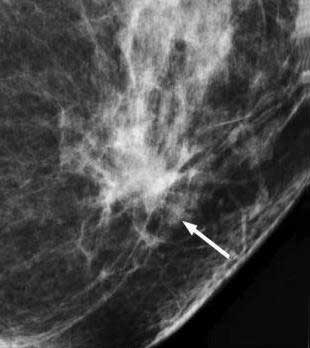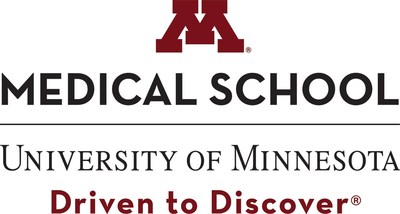UMN researcher/physician studies how children cured of cancer are at risk for developing a second cancer later in life
UMN researcher/physician studies how children cured of cancer are at risk for developing a second cancer later in life
MINNEAPOLIS, Dec. 27, 2018 /PRNewswire/ -- Each year nearly 15,300 parents will hear the words "your child has cancer." Despite a nearly 90 percent survival rate, those survivors are at risk for developing other complications later in life, including secondary cancers.
Experience the interactive Multichannel News Release here: https://www.multivu.com/players/English/8373851-umn-masonic-childhood-cancer-lucie-turcotte/
Pediatric Oncologist Lucie Turcotte, MD, Assistant Professor in the Department of Pediatrics at the University of Minnesota Medical School and Masonic Cancer Center member, has received a four-year grant from the National Institutes of Health titled Treatment Modifications, Outcomes and Provider Decision Making in the Management of Subsequent Breast Cancers Among Survivors of Childhood Cancer. Her research focuses on long-term survivors of childhood cancers-individuals who have received chemotherapy or radiation and are at higher risk for developing other cancers later in life. These post-cancer complications often do not present in survivors until much later in their lives.
"I'm really focused on why those cancers occur, on how we treat them and how survivors do with that treatment," said Turcotte. Specifically, Dr. Turcotte is looking at secondary breast cancer, to understand if a more standardized approach to therapy can be developed that would help these survivors live longer, healthier lives.
Historically, doctors have not seen childhood cancer survivors live into middle age. They are now starting to see the impact of what happens in this early stage of life and how long the effects persist. The ability to complete this research is the first step towards understanding more about how second cancers differ from first cancer, as well as how doctors can improve the survivor's quality of survival.
Currently, there is no standard for how to treat second cancers. One of Dr. Turcotte's goals is to use the data from her research to work with medical oncologists to develop a more standardized approach and more consistent guidelines.
So far, Dr. Turcotte says she is amazed at the volume of cases of secondary cancers they are seeing throughout the early stages of the research. "We are already learning so much about being a childhood cancer survivor and just starting to realize all of the possibilities."
About the University of Minnesota Medical School
The University of Minnesota Medical School is at the forefront of learning and discovery, transforming medical care and educating the next generation of physicians. Our graduates and faculty produce high-impact biomedical research and advance the practice of medicine. Visit med.umn.edu to learn more.
About the Masonic Cancer Center, University of Minnesota
The Masonic Cancer Center is the Twin Cities' own Comprehensive Cancer Center, designated 'Outstanding' by the NCI. For more than 25 years, researchers, educators, and care providers have worked to discover the causes, prevention, detection, and treatment of cancer and cancer-related diseases.
Media Contact:
Krystle Barbour
kbarbour@umn.edu



![]() View original content:http://www.prnewswire.com/news-releases/umn-researcher-awarded-four-year-grant-for-work-on-secondary-cancers-for-childhood-survivors-300770827.html
View original content:http://www.prnewswire.com/news-releases/umn-researcher-awarded-four-year-grant-for-work-on-secondary-cancers-for-childhood-survivors-300770827.html
SOURCE Masonic Cancer Center, University of Minnesota




